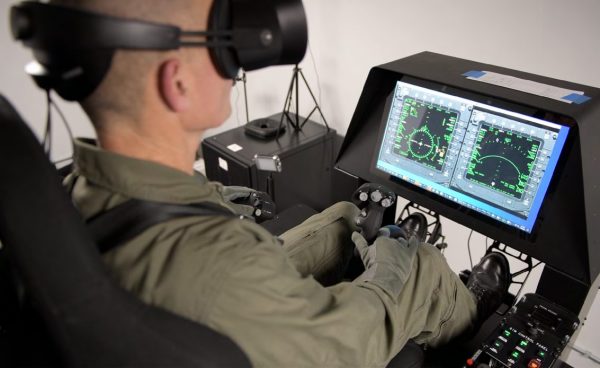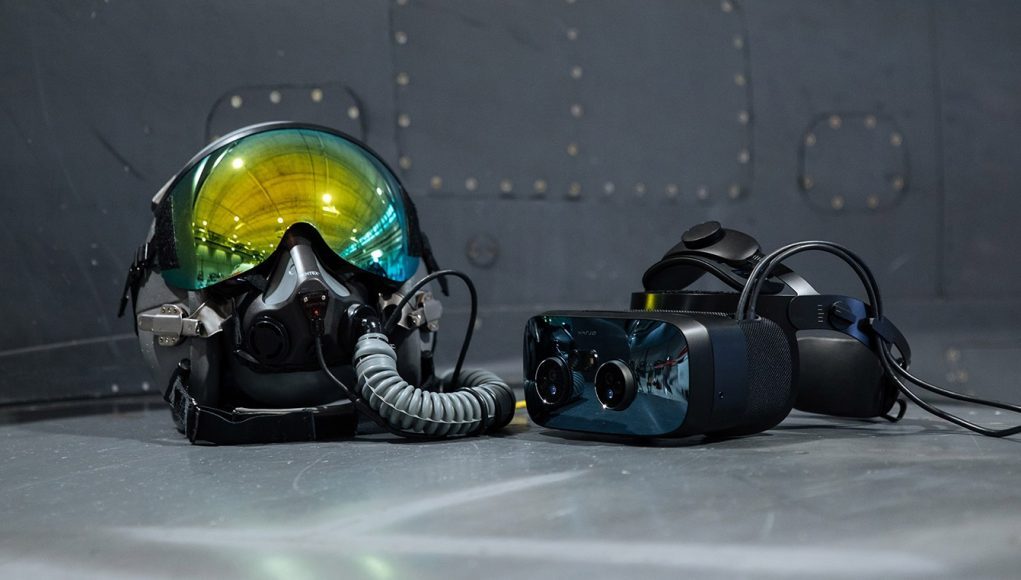Varjo, maker of high-end XR headsets, today announced that it has closed a multi-million dollar deal to supply headsets for the U.S. Army’s Reconfigurable Virtual Collective Air Trainer (RVCT-A) initiative.
The US. Army’s Reconfigurable Virtual Collective Air Trainer (RVCT-A) aims to deliver virtual training modules that are easy to set up and transport, making training cheaper and more accessible. Specifically the training modules are focused on training pilots of Apache, Chinook, and Blackhawk helicopters.
Varjo says it has been selected by integrator Cole Engineering to supply XR-3 Focal Edition headsets for the program in what amounts to a “multi-million dollar” deal for the company.
Varjo isn’t saying exactly how many headsets it will furnish for the program, but a rough estimate (using a minimum floor of $2 million for the deal and the $6,500 price of Varjo XR-3) suggests somewhere in the neighborhood of 300 headsets. Varjo’s deal may include ongoing revenue from the annual Varjo Subscription service that’s required to use its professional headsets.
Varjo cites the headset’s ability to do high-quality passthrough and occlusion which enables the RVCT-A modules to support a mix of real and virtual imagery. This is especially important given the need to train pilots with their hands on the actual controls of the aircraft, rather than expecting them to fiddle with VR controllers. And of course the headset includes the company’s signature ‘bionic display’, which offers retina resolution in a small area at the center of the headset’s field-of-view.
VR flight simulation and training has been around for decades in militaries across the world. In many cases, flight training has involved full-sized cockpit replicas and dome-projection displays that are large and difficult to transport. Today it’s possible to provide an immersive field-of-view inside a VR headset, making portable flight trainers much more practical.

Varjo’s headset deal is just one part of Cole Engineering’s $500 million contract to supply RVCT modules to the U.S. Army, including a Ground version for infantry training.
That broader contract is part of the Army’s Synthetic Training Environment (STE) initiative which seeks to enhance the branch’s training programs with immersive capabilities.
“[Cole Engineering’s] RVCT solution is built upon a modular hardware architecture, which allows RVCT to replicate U.S. Army ground and air vehicles through common configuration items. The combination of high-fidelity physical and virtual control interfaces utilizes real-world system hardware and immerses the Soldier via Virtual and Augmented Reality through the Synthetic Training Environment-Information System (STE-IS) software,” Cole Engineering wrote about its contract with the Army.
Varjo says its deal with Cole Engineering to supply headsets for the RVCT program is “one of the 70+ immersive defense training programs featuring Varjo’s hardware and software solutions worldwide.”







